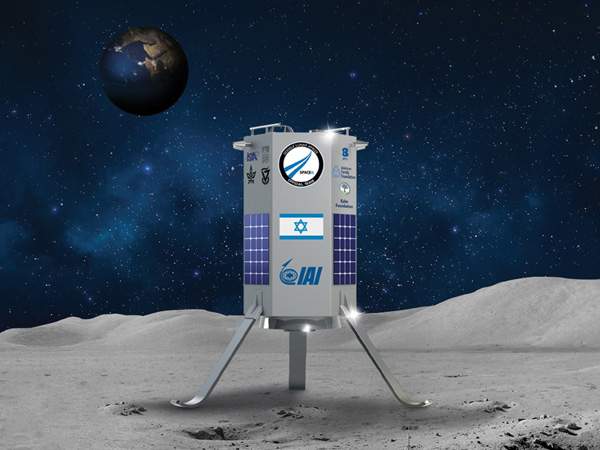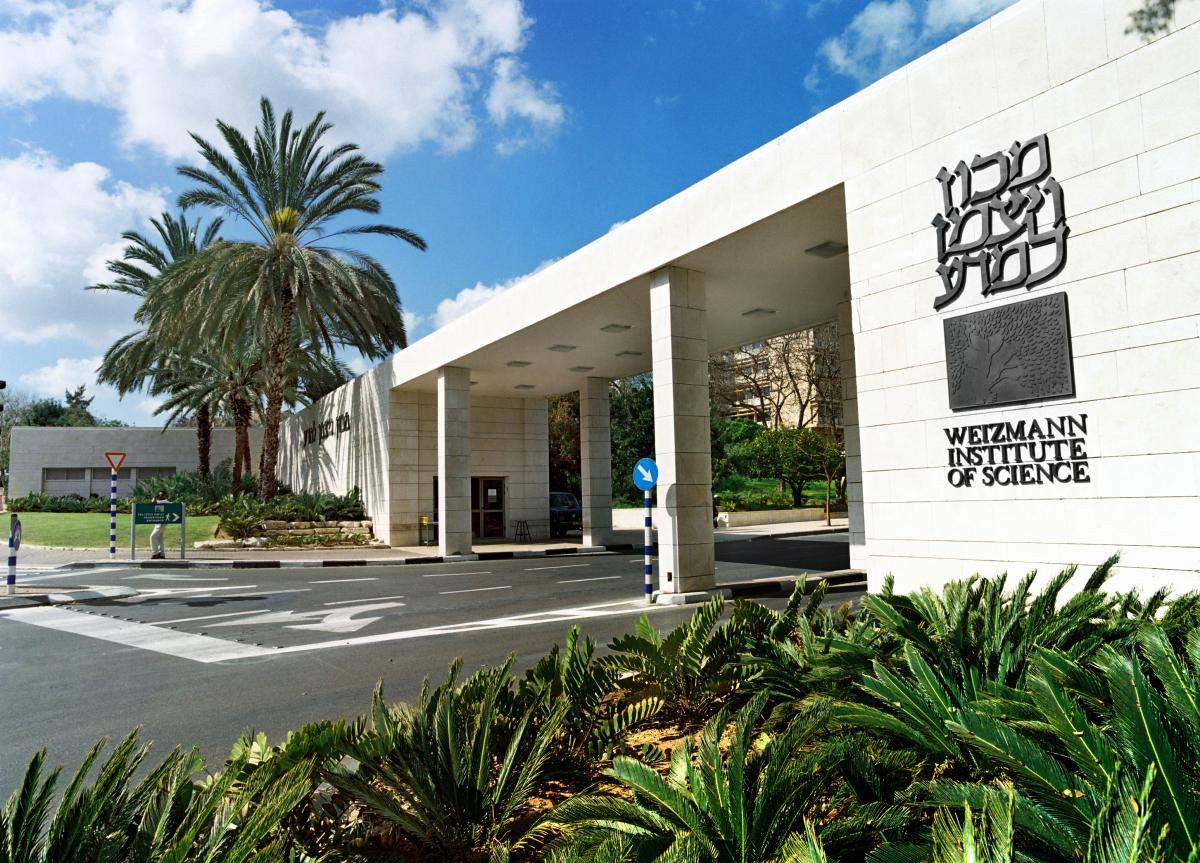SpaceIL – a nonprofit organization dedicated to landing the first Israeli spacecraft on the Moon – and the Weizmann Institute of Science will be hosting an online game full of fun and prizes. This interactive Space Trivia Game, “Super Moon,” will test the participants’ knowledge of the solar system, the Moon, space exploration and, of course, the unmanned mission that SpaceIL plans to send to the Moon. The game will launch online at the beginning of March, 2015, and the winners will be announced during Science Education Week at the Weizmann Institute of Science (March 22-29).
Super Moon will be offered to two age groups: 6-11 and 12-18. All entrants will win the opportunity to send a personal message to the Moon. The winners of the game will get the chance to join the SpaceIL team: They will receive official SpaceIL shirts and they will become members of the organization’s “young advisers” forum, a focus group for its educational activities.
In addition to the game, SpaceIL will be offering a series of activities on the Weizmann campus over the course of the Science Education Week. These include a workshop focused on the scientific experiment planned by SpaceIL to explore the Moon’s magnetic field will have participants looking for magnetic properties in rocks they find in the Clore Garden of Science. Another workshop will be given for teachers; and a number of lectures will be offered to the general public on the subject of the Israeli “space race.”
SpaceIL was founded at the end of 2010 by three young engineers: Yariv Bash, Kfir Damari and Yonatan Weintroub, to compete in the Google Lunar XPrize competition, an international race to the Moon. The first prize is $20 million; as the only Israeli team out of 18 teams competing, SpaceIL is building a very small, very smart spacecraft for its landing. SpaceIL is committed to using any potential prize money to promote science and scientific education in Israel, to ensure that Israel will continue to live up to its reputation for excellence in these fields. Through this mission, SpaceIL aspires to create a new "Apollo effect," inspiring the next generation to think differently about science, technology, engineering, and math (STEM).
Prof. Oded Aharonson and Dr. Avi Barliya of the Weizmann Institute’s Earth and Planetary Sciences Department, who lead the SpaceIL science experiment team, will be participating in the activities.

